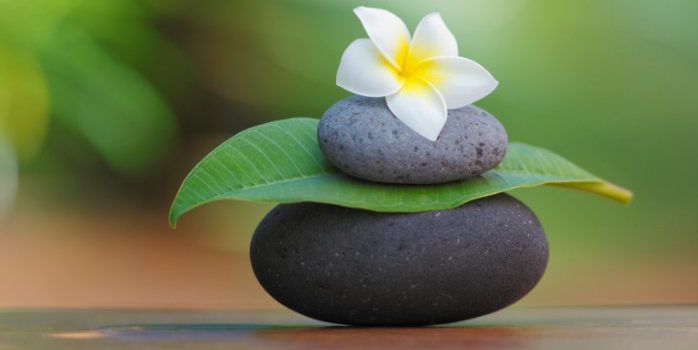
“Meditate? Who, Me?” Yes, You
The Beatles did it, Oprah is all over it, Lena Dunham started at age 9, Ariana Huffington swears by it, calling it the “third metric of success” along with money and power…why not you? “The #1 Health-Booster in 2015: Politicians, Children and Celebrities are Doing It – Shouldn’t You?” trumpets the cover of a popular magazine.
As a mindful meditation novice, I have been experimenting with what works best for me, having been told by many that “Er, you have the kind of personality that could benefit”. Alright, I admit I am the impatient type. But it can help anyone.
Research has shown that mindfulness can literally change your brain. It reduces stress, increases focus, and increases grey matter associated with learning, memory and compassion, decreasing the part linked to anxiety.
If you are considering adding meditation to your life, here are some pointers.
Different strokes for different folks: You may try a few different techniques or programs until you find what works for you…do not despair! I was introduced to meditation at a company leadership offsite, where a presence no less than Deepak Chopra came to show us the way. I then visited the Buddhist Center in town to participate in a few Sunday morning sessions. I finally found what works for me with the Headspace.com app, where a Britisher ordained as a Buddhist monk in Tibet came back and decided to spread the word. Find your own way.
You might not “get” the raisin thing…and that’s OK. One of the first exercises that is often suggested in mindfulness is to eat a raisin, immersing yourself in the texture, thinking about its origin as a grape in the sun, focusing on every aspect of the experience of eating the raisin, living in the “now”. I have to tell you, if you don’t quite get it, that’s OK too. Forgiveness and tolerance is a big focus of meditation, and that includes your relationship with the raisin. It’s not about success or failure to do something. Keep going.
Guided meditation versus “on your own”: Some people are able to sit in silence and meditate, focused on their breathing, minus any external help. And more power to them. The more restless among us, however, may need help to stay focused. Enter the concept of guided meditation, where someone talks you through the entire 10-20 minutes (or more), giving you the means to visualize calmness and blue sky, to focus on breathing, to ask yourself the right questions as you meditate. As my brain has a tendency to stray to the next twenty thoughts, this guidance is hugely helpful to me.
Know your limits and respect them, it’s all OK. Seven-day silent meditation retreat? I know people who have done this, but it’s certainly not me…or maybe it will be me some day in the very distant future. Or maybe not. I listen with envy to friends who successfully complete such journeys. But I know myself well enough to say that to commit to twenty minutes a day is all I can do. And when I feel like a day off, that’s OK too. I don’t flog myself into an agony of guilt. The wonder of forgiveness.
What does it get you? The interesting thing to consider is, as Headspace asks, “Who are your doing this for?” You are doing it for yourself, but also for those around you. If you are less stressed, if you can lift yourself above the clouds of everyday issues, you are probably going to be a nicer person to be around. If you can think about what to appreciate in the “now”, it will let you live more easily with what isn’t quite how you want it as well.
And all the while, it is changing your brain for the better, at the price of 10-20 minutes a day.
Sounds worth a try?
Originally published on LinkedIn